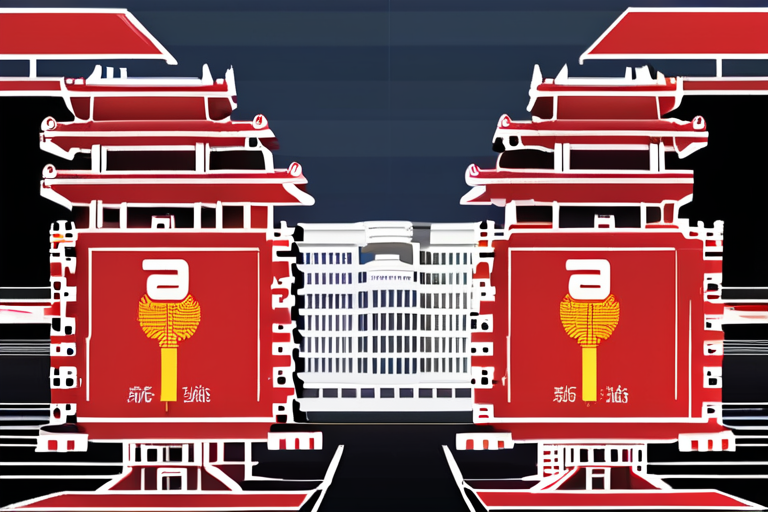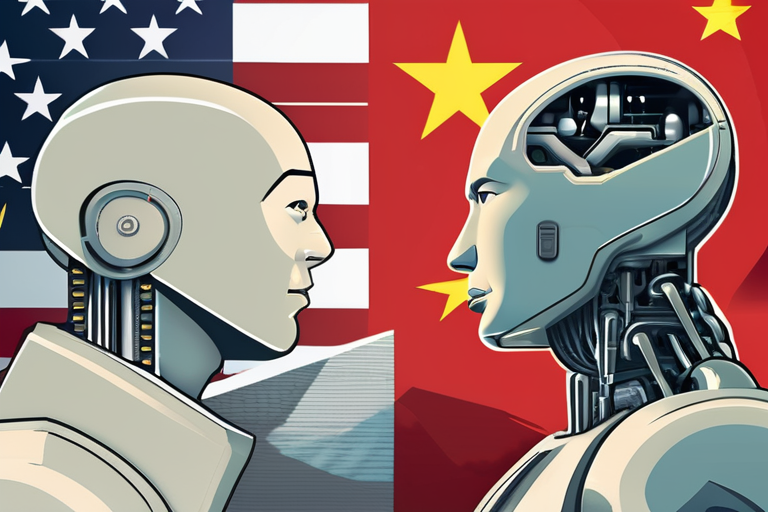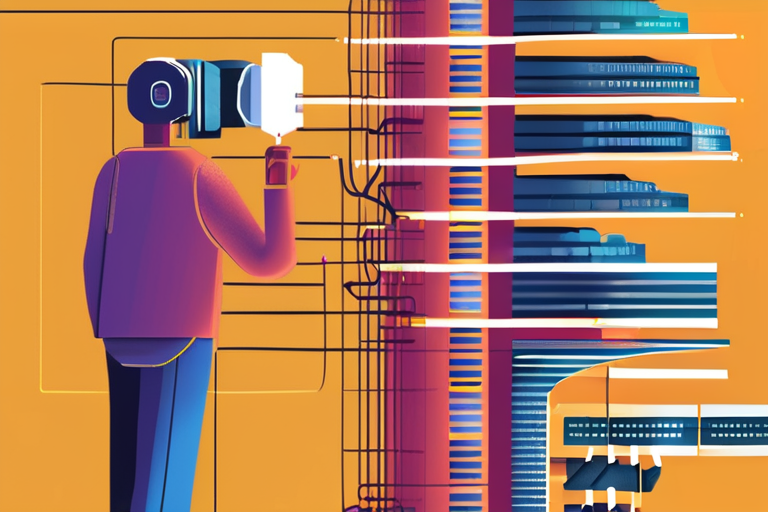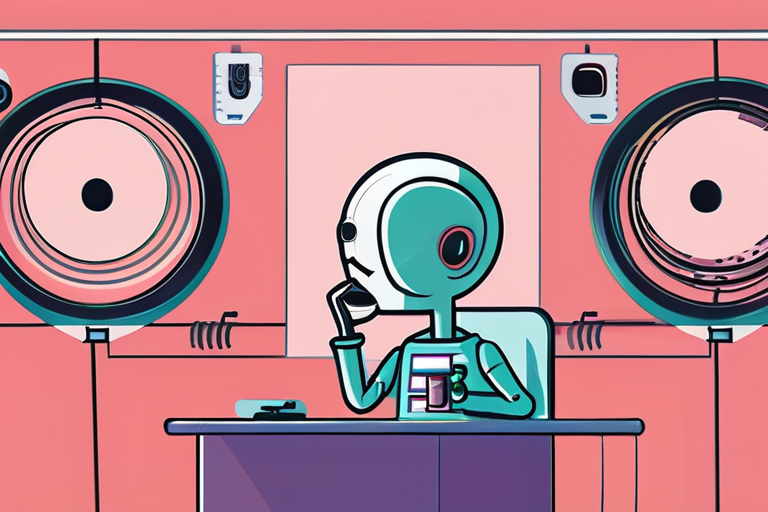The US and China have been engaged in a heated competition to develop artificial general intelligence (AGI), a hypothetical technology that can perform any intellectual task that a human can. According to recent reports, China has made significant strides in AGI research, with several top Chinese scientists and researchers calling for a greater emphasis on the development of AGI in the country's national strategy.
The US, on the other hand, has been more cautious in its approach to AGI, with some experts warning of the potential risks and consequences of developing such technology. "We need to be careful not to get ahead of ourselves and create a technology that we don't fully understand," said Dr. Andrew Ng, a renowned AI expert and former head of AI at Google and Baidu. "AGI is a complex and multifaceted field, and we need to approach it with a sense of caution and humility."
The competition between the US and China in AGI research has been fueled by the growing recognition of the technology's potential to transform industries and economies. "AGI has the potential to revolutionize healthcare, finance, and education, among other fields," said Dr. Fei-Fei Li, director of the Stanford Artificial Intelligence Lab. "However, it also raises important questions about accountability, transparency, and the potential risks of creating a technology that is more intelligent than humans."
The AGI myth, as described by Will Douglas Heaven, senior AI editor at MIT Technology Review, has become a significant topic of discussion in the AI community. According to Heaven, AGI has become a kind of "conspiracy theory" that has captured the imagination of many people. "AGI is a lot like a conspiracy theory, and it may be the most consequential one of our time," Heaven said. "It's a story that has been told and retold, with each iteration becoming more fantastical and more apocalyptic."
The development of AGI has been a topic of interest for many years, with some experts predicting that it will be achieved within the next decade. However, others have expressed skepticism about the feasibility of such a goal. "AGI is a highly complex and difficult problem, and it's unlikely that we will achieve it in the near future," said Dr. Yann LeCun, director of AI research at Facebook. "However, we should continue to pursue research in this area, as it has the potential to lead to significant breakthroughs in many fields."
The current status of AGI research is that it is still in its early stages, with many experts agreeing that it will take significant advances in areas such as natural language processing, computer vision, and machine learning before AGI can be achieved. However, the competition between the US and China in AGI research is likely to continue, with both countries investing heavily in the development of this technology.
In conclusion, the competition between the US and China in AGI research is a complex and multifaceted issue that raises important questions about the potential risks and benefits of developing this technology. While some experts predict that AGI will be achieved within the next decade, others have expressed skepticism about the feasibility of such a goal. As the development of AGI continues to advance, it is essential that we approach this technology with caution and humility, recognizing both its potential benefits and its potential risks.



























Share & Engage Share
Share this article